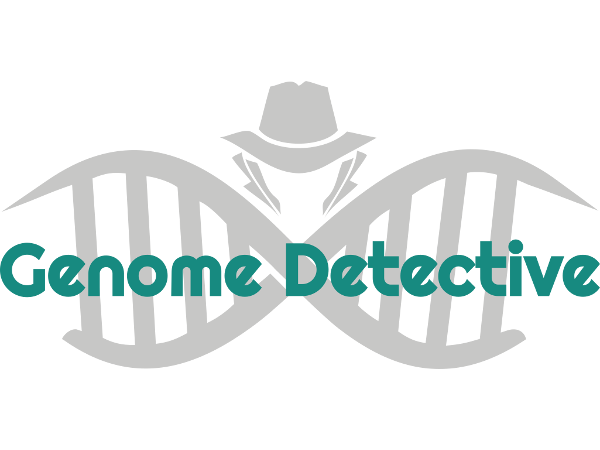Emweb launches Genome Detective.
With the price of DNA sequencing falling faster than Moore's law, the analysis of the resulting data became a major bottleneck. For the interpretation of the microbiome DNA, Emweb created Genome Detective, a collection of tools and services to extract meaningful information and clear reports.
High-throughput Next-Generation-Sequencing (NGS) technologies are powerful new tools which are today within reach of researchers, epidemiologists and healthcare providers. They offer new methods for discovery and detection, clinical diagnostics as well as disease control and prevention.
Genome Detective is the result of a collaboration between Emweb, research and governmental institutes, and hospitals around the world in the context of the European research project Virogenesis. The consortium consists of computational biologists, statisticians, epidemiological modellers, clinical and molecular virologists, from Belgium, The Netherlands, France, the United Kingdom, the Republic of South Africa and the United States of America.
Read more about Genome Detective at www.genomedetective.com.
Wt 4 released.
Version 4 is a milestone release for the Wt project. In the 4.0.0 release, the library introduces the required changes in the API to follow up on recent developments of the C++ language.
The extended use of the new smart pointer classes to make object ownership explicit throughout the API is one of the most visible changes. The signal/slot system was rewritten, enum classes are used,
and many boost types in the API (such as boost.any, boost.date_time) were replaced by their standard library equivalents.
The main benefit of this transition is that the Wt API became more self-explaining, compilation times have been reduced, run-time performance improved and the library's user requires less knowledge of boost. Secondary consequences of the transition are for example simpler stack traces and simpler compiler errors.













